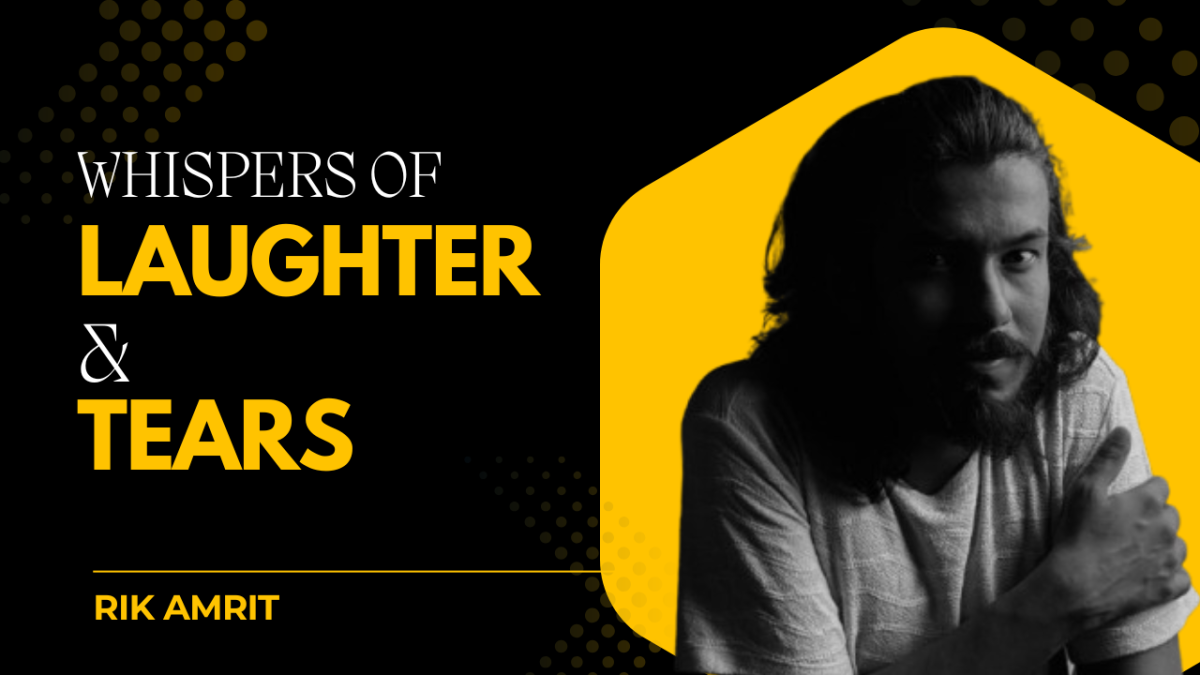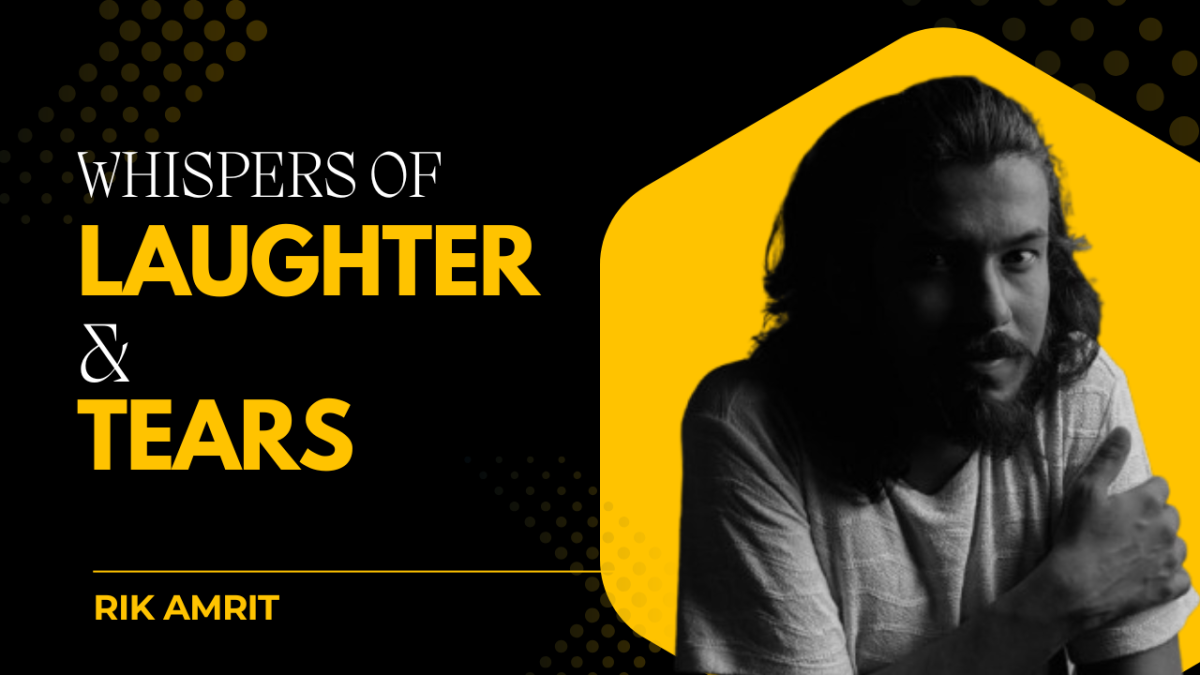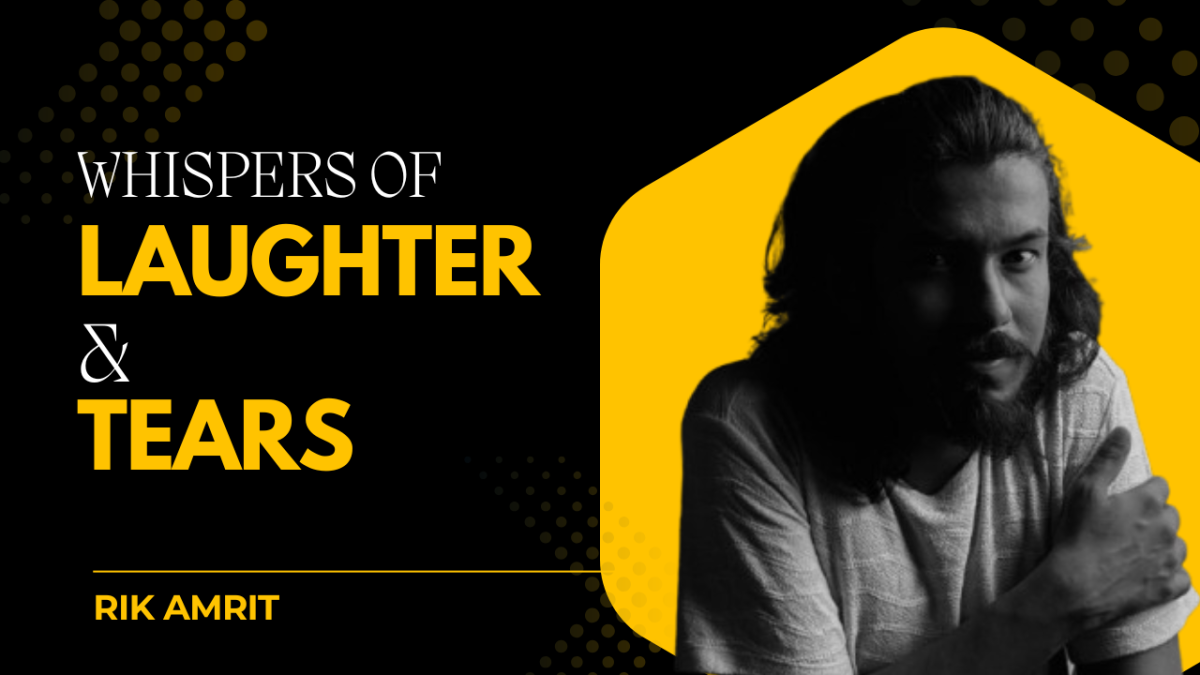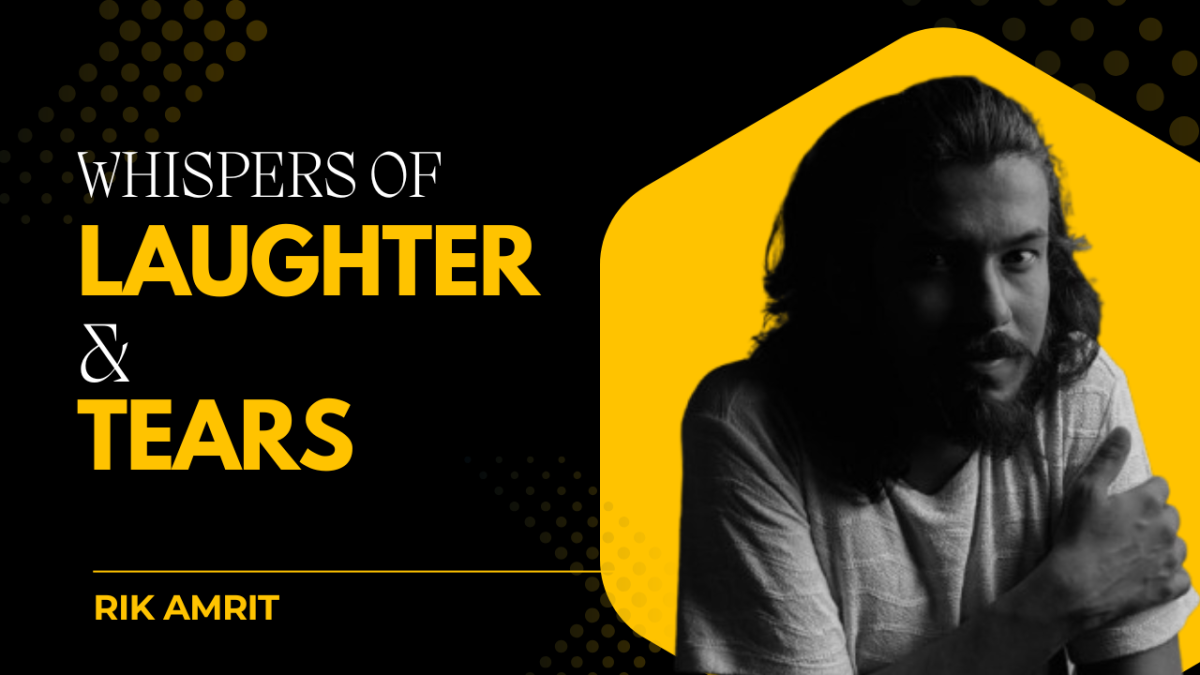In human lives, I have observed three main desires: wealth, power, and knowledge. I have one more—Rasa (The Universal Emotion). This desire is so intense that it can easily overshadow the other three.
The colours of my May are as yellow as the golden showers. The 7th of this month, the twenty-fifth day of Boishakh in the Bengali calendar, marked the fourteenth festival throughout my childhood. Flipping through the pages of my memory album, I see an enchanted child, busy since morning gathering flowers and tidying up the house. Today, he will bathe early; today, he will not break any rules. He will not be scolded at all. Looking back, I see no laziness among people during the festival, no unnecessary revolutionary attitudes. The boy I am talking about had no other significance for the word 'Thakur' (his title Tagore as spelt in Bengali) in his life back then. The way he knew Ramakrishna, he knew Rabindranath in the same manner. The complexities of Kushari and Thakur had yet to enter his life, and it was unknown to him that one day he would seek his identity, ignoring this childhood deity, and that he too would be touched by the perpetual doubt and envy of the Bengali.
Today, he has reached a point twenty years ahead in life. In human lives, I have observed three main desires: wealth, power, and knowledge. I have one more—Rasa, the universal emotion. This desire is so intense that it can easily overshadow the other three. This essence is otherworldly in this earthly realm. In Bangalore's corporate world, it is unimaginable. Initially, I felt suffocated. Did I not think of returning to Kolkata? The one who provided me solace in this crisis was not meditation, but the Gitabitan. I was amazed to realise that finding tranquillity in one through the meditation of another was possible. There is no longer any doubt about the history of the appearance of India's avatars or the mundane necessity of poetry. I realised the life force in all creatures is inseparably connected to the sun, just as the Bengali language is to Rabindranath. As the first light of day awakens new vibrations in nature, Bangalore didn't seem so bad anymore.
Our bodies contain an energy called Vishvanara, commonly known as jatharagni, which connects our gross physical strength with our spiritual energy. This centralisation of existence, the connection of the gross with the soul, is why it is honoured with the title 'Vishva' (universal). Rabindranath's writings first revealed that it is possible to speak to the one within me, my true relative, in the Bengali language, transcending the mundane conversations of ordinary speech. His poetry forges this connection, which is why he is the Universal Poet. Otherwise, countless people like me would have continued wasting their days in vain with Vaikhari, Madhyama, Pashyanti, and Para. When Brahmabandhab Babu called Rabindranath the 'Universal Poet (Visvakavi)' by borrowing the term from his poetry, this thought surely hadn't crossed his mind. In a foreign land, I have no greater kin than Rabindranath. In a sense, he sustains me every day. He is my textbook, my guide, in understanding self-awareness and this expressive life. Sometimes, I see him as the incarnation of language itself.




Comments (0)
Rate this Article
How do you feel about this article?
Comments (0)
No comments yet
Be the first to share your thoughts!
Join the Discussion